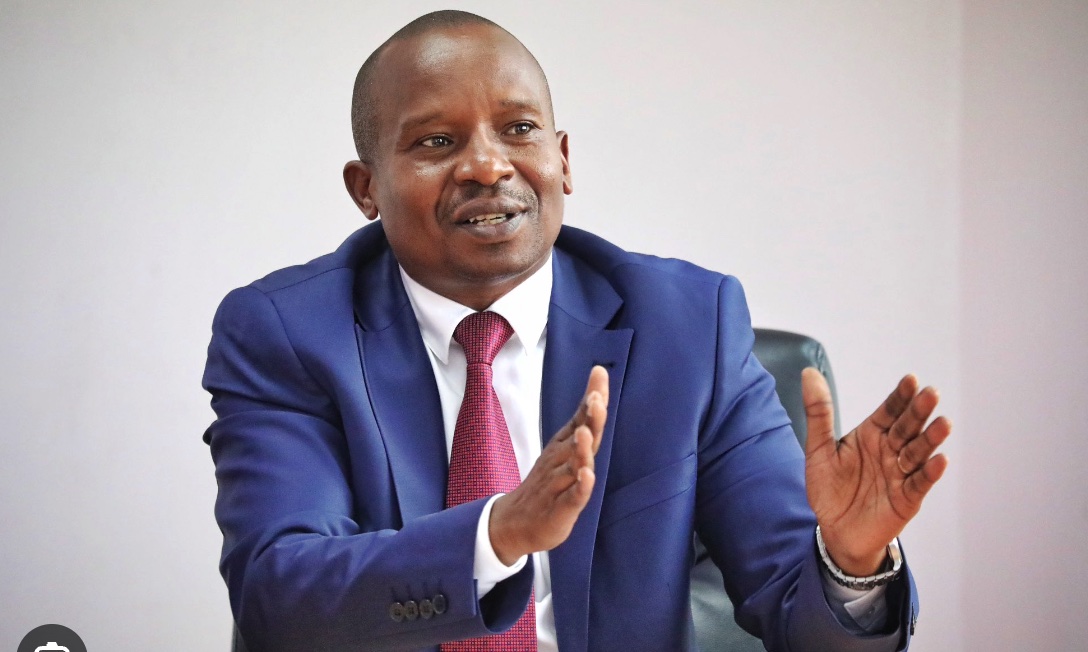Kenya’s Deputy President Kithure Kindiki has called for a reexamination of how the judiciary interprets "public interest" versus "national interest" in Kenya’s legal framework.
Speaking at a recent conference, Kindiki highlighted the need for a nuanced legal approach that could recognize "national interest" as a principle potentially superior to "public interest" when matters of security and national stability are at stake.
Reflecting on his experience as the former Cabinet Secretary for Interior, Kindiki posed a critical question to the judiciary and legal scholars: "Is the highest interest really the public interest, or could there be a higher, existential principle we should uphold—namely, national interest?" He pointed out that while public interest has been a cornerstone in the Kenyan judicial system’s jurisprudence, there may be situations where protecting national interest, particularly in security matters, should take precedence.
"Our Constitution references national interest in crucial areas, especially within the context of national security. Courts are helping us understand public interest, but I believe there are foundational values essential to Kenya’s existence that should not be compromised," Kindiki explained.
He underscored that while public interest is paramount, it can sometimes be swayed in ways that might threaten state stability. "The public, intentionally or unintentionally, could mobilize itself toward actions that endanger the very existence of the state," he noted, suggesting that the judiciary might need to develop frameworks to address this delicate balance.
Kindiki urged the judiciary, particularly the Supreme Court, to consider this matter further, stating that he was eager to see how future court rulings could refine Kenya’s understanding of these complex priorities. "The Supreme Court, along with other superior courts, has an essential role in guiding us on whether there exist primordial, existential principles crucial to Kenya’s sovereignty and stability," he remarked.
As Kenya faces growing security challenges, Kindiki’s comments underscore a potential shift in legal and policy circles toward prioritizing national security and integrity while balancing individual rights and public freedoms.

